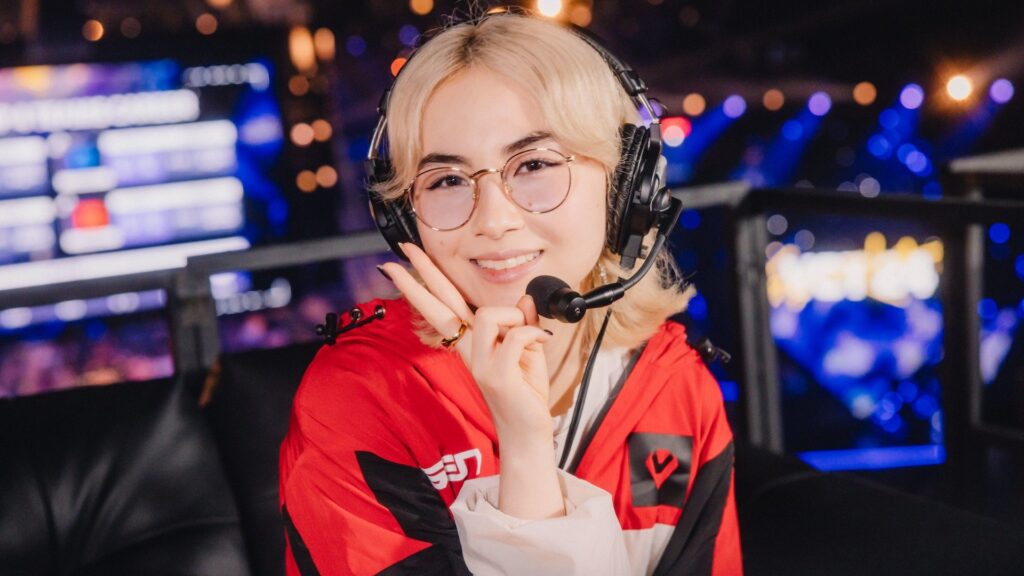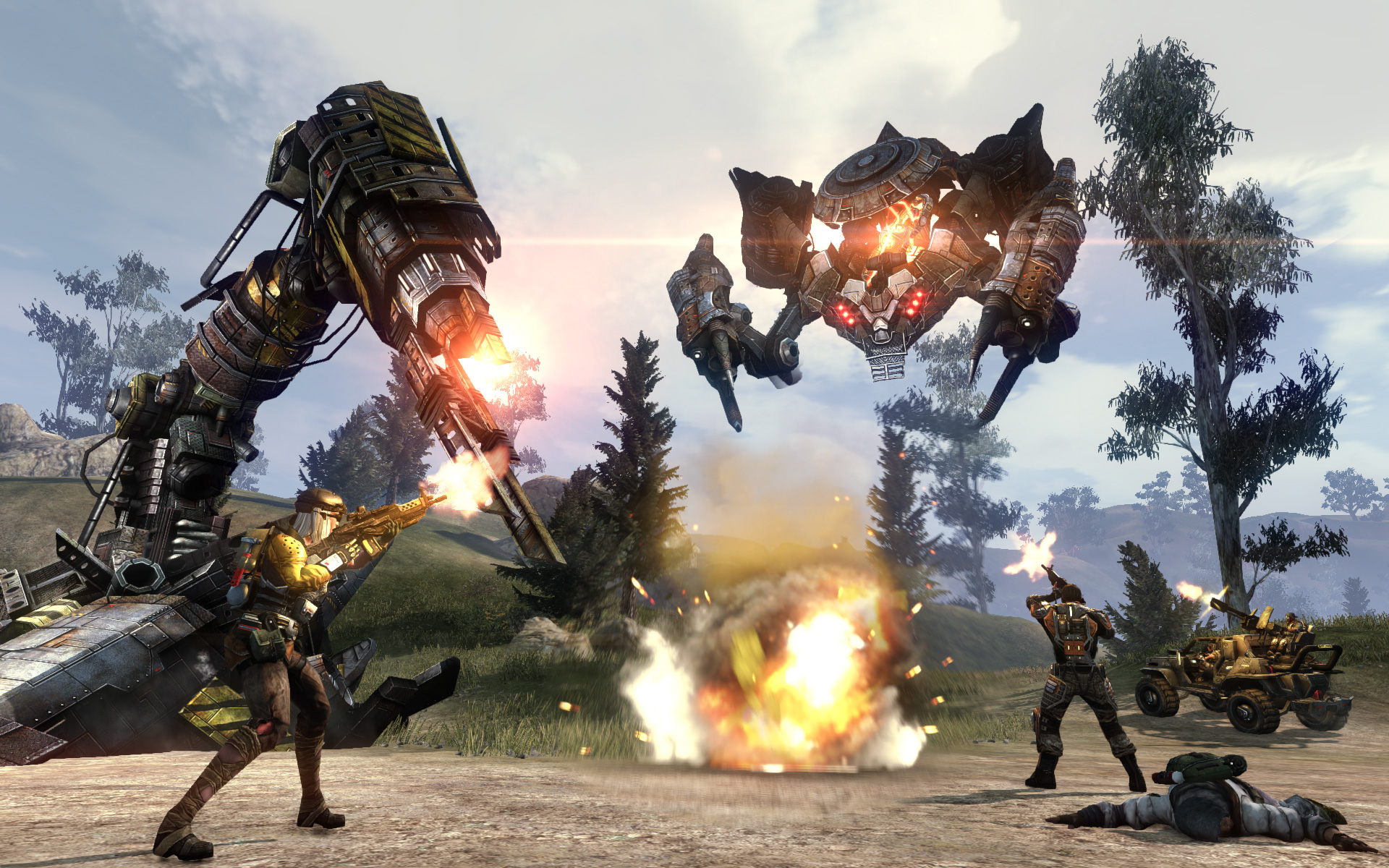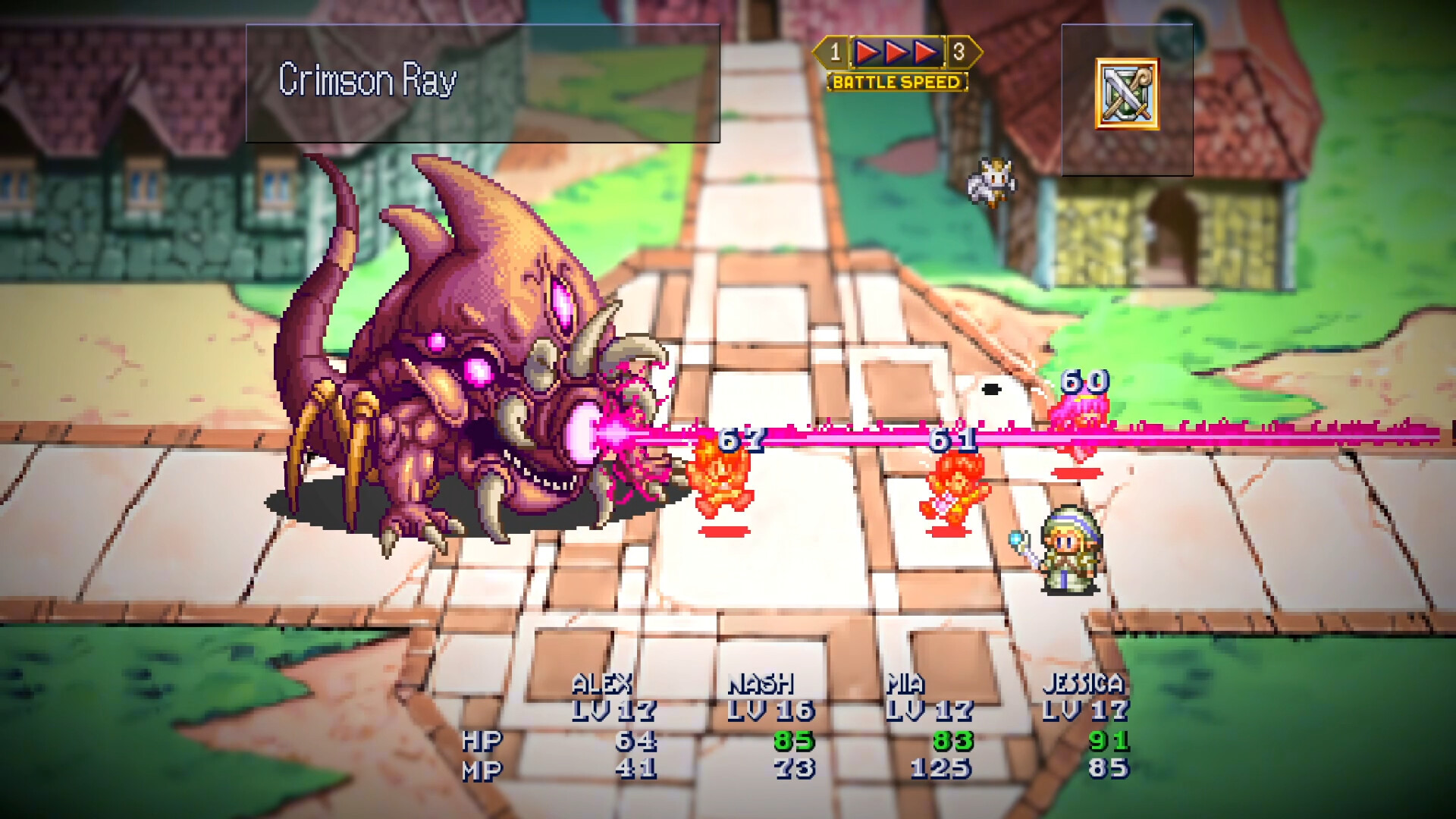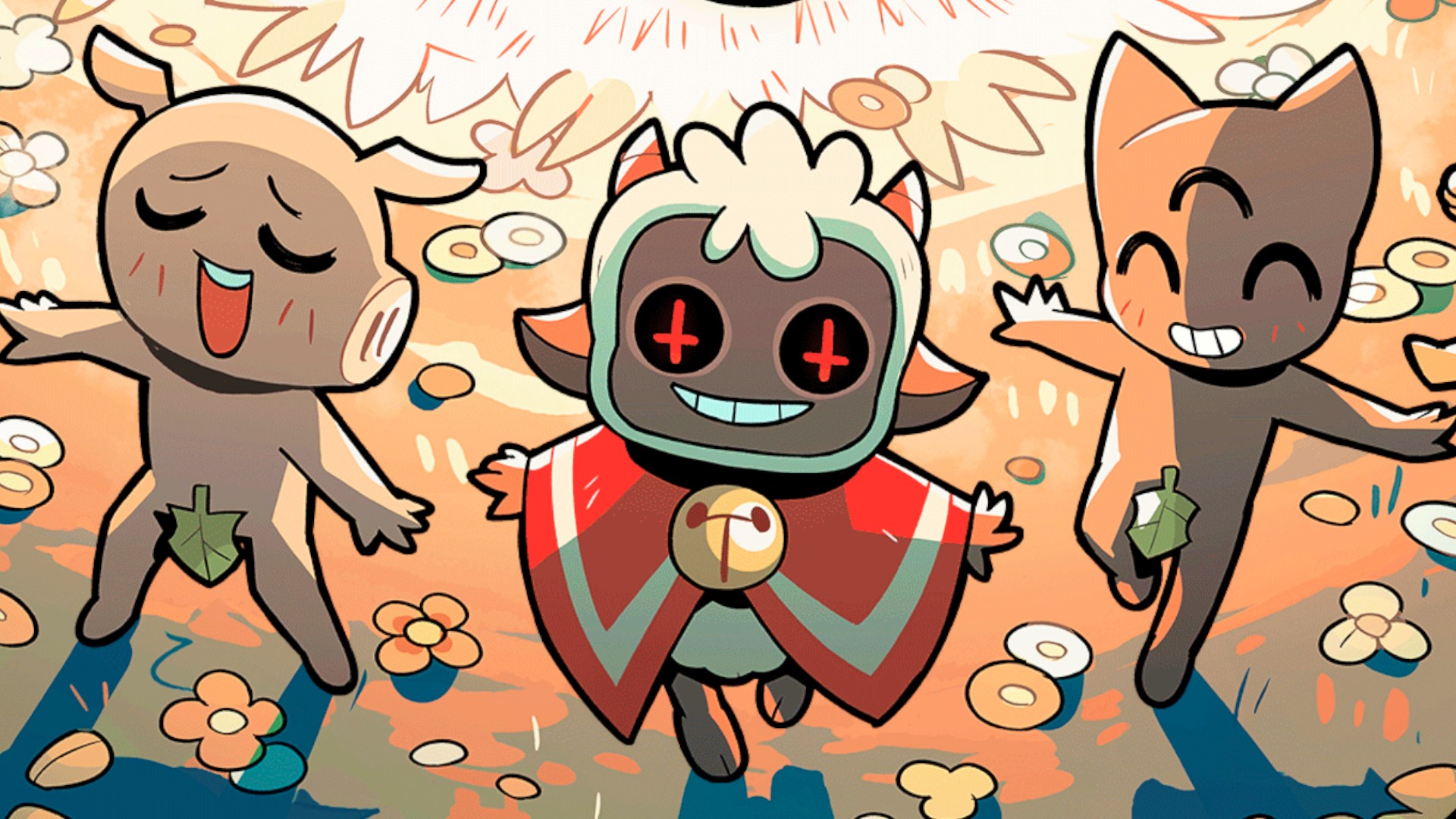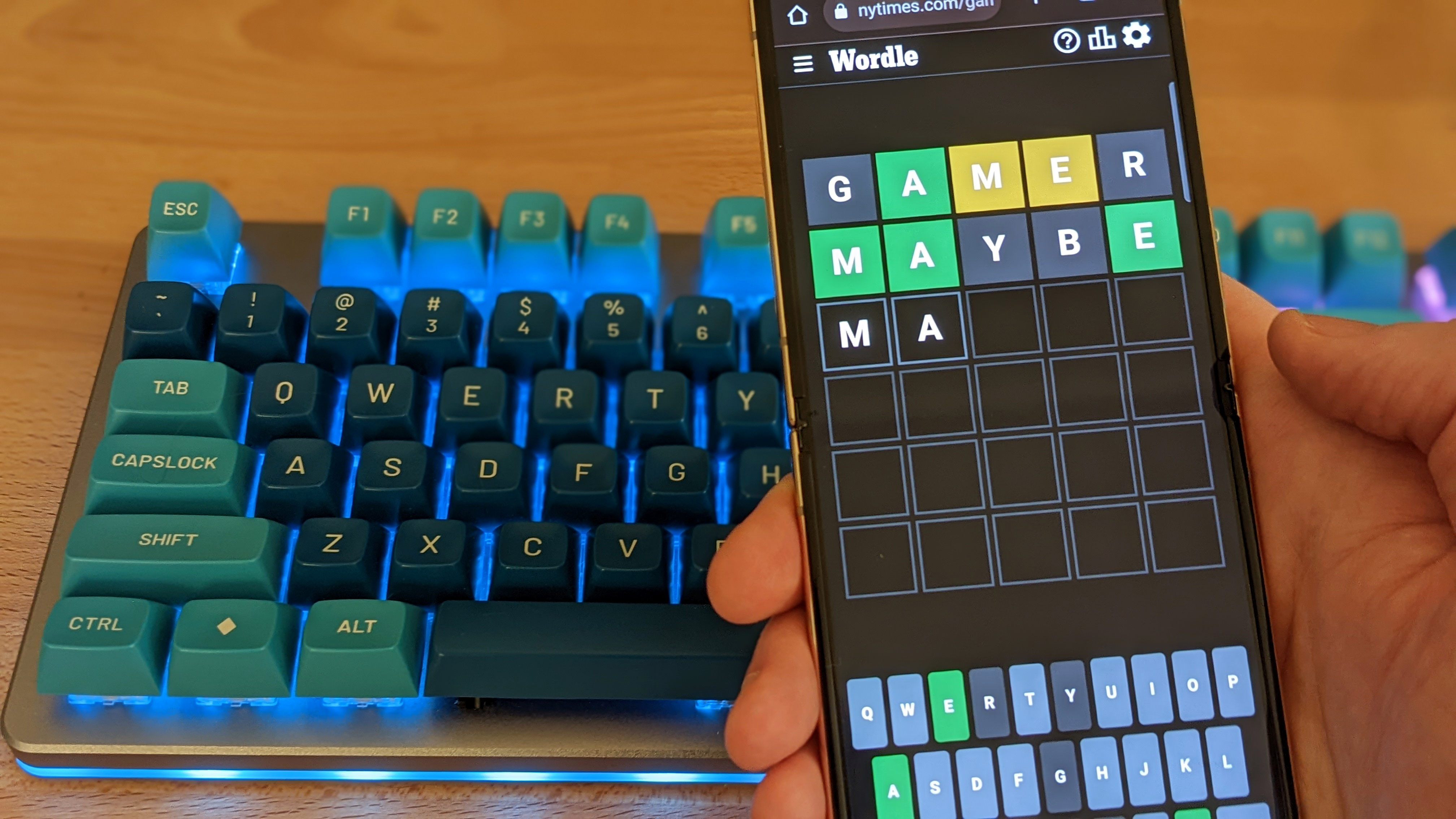
In his latest opinion piece, Dexerto’s Editor-at-Large Richard Lewis describes the grim reality of esports as CS:GO tournament operator BLAST has partnered with Abu Dhabi-backed initiative ADGaming.
Not long ago I wrote about ESL’s hypocrisy of taking wide-sweeping geopolitical stances while being now wholly owned by the Saudi Arabian Public Investment Fund. While the specific criticism was their vocally anti-war stance while being funded by the same government that is bombing Yemeni people to the brink of extinction, one could have picked any number of human rights violations they are guilty of. For the duration that they and their partners work in tandem with the kingdom, they have lost the moral high ground on every issue they would care to speak out on, whether it be gay and trans rights, gender inequality, climate change, and most certainly the value of human life.
In reality, this is a small price that ESL’s executives have to pay. For them, like so many in esports, it was all about this moment… The magic moment where someone applies a tourniquet to their financial bleeding and pays handsomely for the privilege of them bearing the wound. American venture capital wouldn’t do it for more than a few years at a time… No, these days the only people that can truly afford to invest in the speculative, volatile economy of esports are corrupt governments and mega-corporations, entities that care little for concepts such as human dignity.
Saudi Arabia is not the only super wealthy Middle Eastern country looking to use esports as a means to obfuscate their practices and garner favor with their younger citizens. Saudi’s close allies, the United Arab Emirates, also have a young demographic with an appreciation for esports. And because they are currently under-served, they’re willing to pay, something of a rarity among esports fans. The serving of this demographic not only promotes social cohesion but also creates jobs as more and more companies look to take advantage of this essentially newfound number of esports fans. Sportswashing is about more than just rebuilding reputations and creating media noise that drones out the voices of the few talking about human rights issues.
Getting in bed with the devil
The UAE are well underway in this regard, having already acquired some high-profile esports partnerships. The most feared name in esports commentary, Nigma Galaxy, have their headquarters in Abu Dhabi. This was done as part of the ADGaming initiative, which has also helped orchestrate many smaller-scale esports events as they look to ramp up operations and build credibility. More recently, they have their sights set on large-scale international events across top esports titles but there are, to put it delicately, questions around the compatibility of their laws and beliefs and those of the wider esports community.
It is a country that criminalizes homosexuality and transgenderism. Punishments range from torture under the guise of corporal punishment and chemical castration to imprisonment or even death. So sensitive are they about this topic that a drunken Scottish man faced a three-year jail sentence for touching a man’s hip as he sought to steady himself from falling over. Public affection of any kind is illegal with sentences of 80 lashes having been dispensed for drunken kissing witnessed by the wrong set of eyes. Moreover, the government routinely arrests and tortures journalists and political dissidents. They run a not-so-secret prison in the Saudi-allied part of Yemen explicitly for the purposes of making these troublesome dogooders disappear. But hey, the people over there like esports and they’ve got money to spend, so what does any of this matter? Let’s just enjoy the games, ay?
This was likely the thinking when only in February, Ubisoft announced they would hold one of their Major Rainbow 6 tournaments in Abu Dhabi. They rolled the decision out in the middle of another event seemingly confident that either no one would notice or have any objections at all. But as an esport that features a number of openly gay and trans broadcast talent, there were almost immediate questions about their potential safety as well as the general sentiment such a partnership promotes.
Within two days, a number of high-profile community figures and Ubisoft employees had expressed their distaste of the choice of location and a petition to stop the event had hit 10,000 signatures. Social media does what social media does, this time though at least with a positive motivation. The outcome? Ubisoft announced they would change their choice of host nation for the event, something that should show all the doubters that in esports the power of the boycott makes it a weapon worth wielding. Of course, Ubisoft did add that they were “still committed” to working in “emerging local scenes”, which means they’ll keep trying it until everyone is too tired to object.
Danish tournament organizer BLAST is now the latest company to say yes to a partnership with people that despise a significant portion of the esports fanbase. On July 1, they revealed that the destination for their world finals would be none other than Abu Dhabi as part of a three-year deal with ADGaming. I’ve said multiple times BLAST as a company are some of the most useless in esports when it comes to public relations.
This time was no different. In what appeared to be a cynical bid to minimize criticism, they waited until the first day after Pride Month had finished, one assumes just in case their new partners caught an accidental glimpse of a rainbow flag in the replies. Their press release was the standard litany of excuses and justifications.
Charlotte Kenny, Managing Director of BLAST Premier, said: “As part of our host cities process, we are always on the lookout for leading locations and arenas all around the world, Abu Dhabi is the perfect location to follow on from this month’s highly successful Spring Final in Lisbon and November’s Fall Final in Copenhagen. The World Final will follow in the footsteps of popular sports such as UFC, F1 and NBA in hosting major events in Abu Dhabi and the remarkable Etihad Arena provides the perfect stage for our World Final event.”
You hear that, esports fans? It’s the PERFECT location for an esports event. There’s no need for you, LGBT fans, to fear. What are a few lashes? Some of us consider that a good weekend. And if you’re worried, just do what you’ve had to do for your entire life when faced with bigotry and just hide. A simple solution to a profound problem. And before you super straights roll your eyes, just remember that if you take your very heterosexual partner and kiss them in public, you’ll get a taste of the gay treatment in UAE. If you’re a guy, you better not bump into a local either, lest the assumption is you were trying to cop a big gay feel. Doesn’t this arrangement all sound so fucking perfect, so what we’re used to, so desirable for an esports event?
As someone adept at cutting through media bullshit, let me write you a practical translation of what the statement actually says:
“Currently we are on the lookout for whichever country either represents a cost-effective solution to running an event or, even better, foot the bill entirely. Abu Dhabi fell into the latter category so we’re going to simply ignore any backlash we get in public because that’s a secondary concern to losing less money than we’d have to if the event was anywhere except Denmark. Oh, and by the way: Everyone is doing it, including such great sports operations such as UFC, F1 and the NBA, so fuck you if you even dare think about getting outraged at us.”
Look, I am capable of understanding the practical reality BLAST face. Tournament operators exist within a grim reality. Esports fans are the most unrealistic in all of media consumption. They want huge prize pools, perfect broadcast production, with their favorite names commentating and competing. No matter where they are in the world, the timezone must suit them and offer multiple broadcasts to meet team and language preferences. Crucially, it must be all that and more and it must be available for free. Oh, and these days a tournament organizer can’t even leverage exclusivity as a means to maximize profits because the expectation is you will allow all the kiddy favorites to co-stream.
With this as a business model, it is no wonder more and more are saying yes to the sinister but wealthy sugar daddies. If it’s not the oil and gas magnates, it’s China. If it’s not them it’s some compromised US tech company. Failing that, it’s a dubious gambling company registered at a tax haven or a cryptocurrency Ponzi scheme. And the choice is clear — if you don’t say yes, your competitors will, and you’ll have to watch them take away all your territory until one day they deliver that final shank to the kidneys. As you bleed out in the streets, you’ll notice the same fans that refused to support you mocking your demise.
For the Danish company, this is their second flirtation with oil magnate money. In the Summer of 2020, they, along with Riot Games, were happy to announce a sponsorship from the Saudi Arabian project NEOM, a futuristic tourist destination being built on land stolen from the Howeitat tribe. While those who worked on League of Legends programming quite publicly rebelled against the agreement, forcing Riot to dump it, BLAST sat in silence for two weeks hoping that the community would forget about the deal. When it became clear that wouldn’t happen, instead of releasing any type of transparent official statement, the world only found out the deal was canceled via an email sent to Danish publication BT.dk. Even then, they promised they would be back to revisit the well of blood money, and so any sense of victory for the wider esports community was short-lived.
With that, you’ll have noticed something of a recurring pattern. The esports fandom has done relatively well when it comes to pushing back on the insidious takeover from these entities. Whether it be in Rainbow 6, League of Legends, or most recently Rocket League, there have been a number of protests that have made a significant impact and slowed down us from reaching our inevitable end state. However, each time these companies know they can give it a few months before they try again, safe in the knowledge that eventually people will be too collectively tired out to object loud enough. Given how little the average esports fan actually spends, we can’t even be sure that long-term boycotts would be effective.
BLAST right now are unquestionably among the best when it comes to esports and event production, perhaps the best there has been in years. ESL, with its huge war chest and aggressive calendar domination, should feel utterly ashamed to know that their broadcasts are carried by the mostly freelance talent they hire. This obviously costs money but it’s all too clear they are eager to sell out to the highest bidder and we all know who they are right now. So yes, I can obviously empathize with the reality BLAST face, but some principles have to be upheld even in the face of extinction.
Maybe there are some broader questions to be asked about what we’re all doing in esports if the two business options right now are to sell out to genocidal regimes or go bankrupt. Unsurprisingly, no one wants to ask them.


